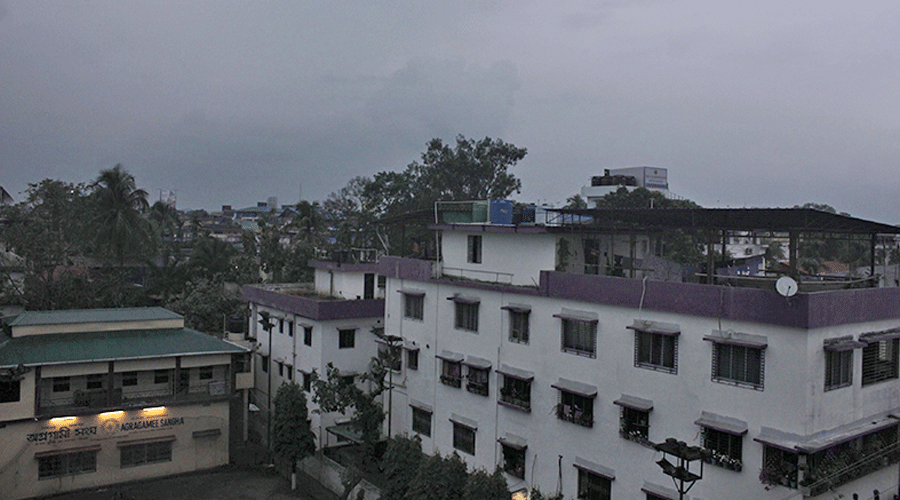North Bengal received several bouts of rain in the past few days, bringing relief to tea and mango growers who said the showers would help improve the yield.
In the past two-three days, it rained in most parts of the state, including northern districts. Along with the showers, there were hailstorms and snowfall in the Darjeeling hills, including Sandakphu, the highest point in Bengal.
Sikkim also received rain and snow in the past few days.
“An upper air trough, with a cyclonic circulation, is extending from northeast Rajasthan to Nagaland, cutting across Uttar Pradesh, Bihar and Bengal. This is causing the rainfall. There is a forecast of similar weather conditions in the next 48 hours in north Bengal and in Sikkim,” said a weather expert.
Tea growers said they were relieved after the rainfall in the past 72 hours.
Chinmoy Dey, the chairman of the Tea Association of India’s Dooars branch, said between October 2022 and last week, it had rained around 60 per cent less as compared to the same period in earlier years.
“Production of the first flush tea had been affected because of the scanty rainfall. We were worried about the production of the second flush tea. The sudden rainfall has helped us and we believe the yield as well as the quality will considerably improve in the second flush,” said Dey.
The first and the second flush teas fetch the highest prices.
“That is why rainfall is important for us. However, some tea estates have suffered losses as the rainfall was accompanied by strong winds and hail storms which damaged plants,” said Sanjay Bagchi, the secretary of the Dooars branch of the Indian Tea Association.
North Bengal produces around 415 million kilos of tea annually.
In Malda, the mango growers and merchants were equally relieved. They said the rain would contribute to the growth of mangoes.
“Inflorescences (flowers) of mangoes are developing into fruits now. Growers had to spray water to ensure that the growth remains steady. At such a point, the rainfall will surely help them. We are expecting a good yield this year,” said Uzzal Saha, the president of the Malda Mango Merchants’ Association.
In Malda district, mango is cultivated in an area of around 31,500 hectares while the annual production is around four lakh metric tonnes.











